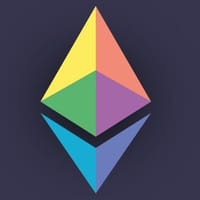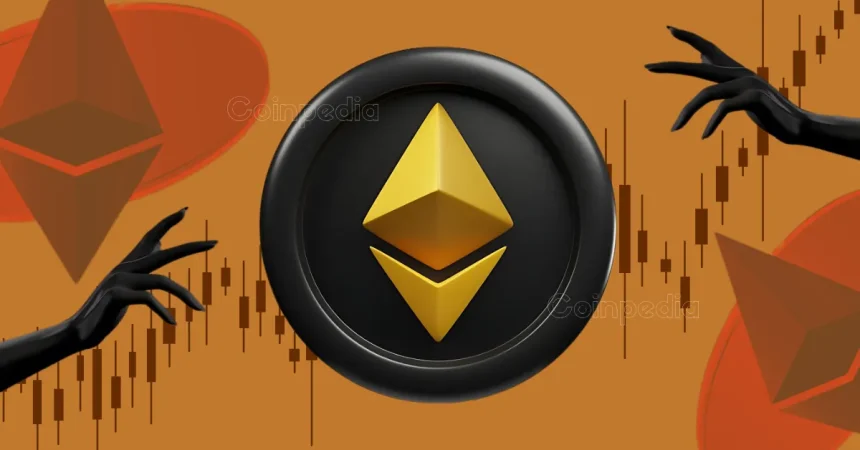Ethereum developers have confirmed that the highly anticipated Pectra upgrade will undergo testing on the Holesky and Sepolia networks on February 24 and March 5, respectively. If these tests run smoothly, the upgrade is scheduled to go live on the Ethereum mainnet on April 8. The decision was made during the Ethereum All Core Developers Execution (ACDE) Call 205 on February 13, 2025, chaired by ethereum foundation

 ethereum foundation – [email protected] Event Organiser Protocol Support Lead Tim Beiko was
ethereum foundation – [email protected] Event Organiser Protocol Support Lead Tim Beiko was
Debate over Fusaka Planning
During the meeting, developers confirmed that client teams are on track to release software for the testnet upgrades. Beiko also proposed freezing the scope of Ethereum’s next upgrade, Fusaka, by the time Pectra goes live. However, representatives from the Geth team opposed this, arguing that the timeline was too short and that one of the proposed Ethereum Improvement Proposals (EIPs), EOF, should be excluded.
To solve the issue, Beiko suggested giving developers more time—one month instead of two weeks—to work on their ideas for Fusaka. He also made it easier for the Geth team to share their opinions by allowing them to give feedback individually instead of all together at once.
What Does This Mean for ETH?
The Pectra upgrade could have a big impact on Ethereum’s future. First, it will improve the network’s speed and lower transaction costs, making Ethereum more competitive with other blockchains. It will also make Ethereum safer and more user-friendly, attracting more developers and investors.
For ETH holders, the upgrade could boost confidence in Ethereum, leading to increased adoption and potentially driving up the price. However, as with any major upgrade, there could be short-term volatility as the market reacts.
Ethereum’s Future Amid Leadership Changes
Moreover, Ethereum’s upgrades come at a time of internal leadership change within the Ethereum Foundation. Leadership change has sparked concerns over governance and neutrality. vitalik buterin

 vitalik buterin Vitalik Buterin is a professional programmer and Co-Founder of Ethereum. Buterin, along with Gavin Wood, Charles Hoskinson, Joseph Lubin, and Anthony Di, launched Ethereum in 2014. He co-created Ethereum when he understood that he could construct a new, possibly enhanced version by iterating on the Bitcoin blockchain. He has been involved in the Bitcoin community since 2011, writing and co-founding articles for Bitcoin magazine.
vitalik buterin Vitalik Buterin is a professional programmer and Co-Founder of Ethereum. Buterin, along with Gavin Wood, Charles Hoskinson, Joseph Lubin, and Anthony Di, launched Ethereum in 2014. He co-created Ethereum when he understood that he could construct a new, possibly enhanced version by iterating on the Bitcoin blockchain. He has been involved in the Bitcoin community since 2011, writing and co-founding articles for Bitcoin magazine.
Details:
Organization: EthereumLocation: CanadaEducation: Vitalik graduated from the University of Waterloo (2012–2014)Skills: Computer programming and writing
Awards:
Honored with the Thiel Fellowship Award in 2014.Won the World Technology Network prize.Fortune’s 40 under 40 list and appeared on the Under 30 list of Forbes at the age of 23
Experience:
He has been the founder of Ethereum from November 2013 to the present.Buterin has contributed as a developer to other open-source software projects. He also contributed to DarkWallet.Buterin has been involved in various initiatives to improve blockchain technology and its applications.
FAQ
1. Who is Vitalik Buterin?One of the most well-known figures in the cryptocurrency space is Vitalik Buterin, who co-founded Ethereum, one of the biggest and most significant blockchain systems.2. What is the net worth of Vitalik?Vitalik’s net worth is 32 billion dollars, according to Forbes.
3. What does Vitalik Buterin invest in?Vitalik Buterin has made numerous investments in companies like Varro Life Sciences, Polymarket, and RISE (Singapore) within the healthcare technology systems, information services (B2C), and financial software industries. [email protected] EntrepreneurCrypto and Blockchain Expert recently confirmed efforts to resolve governance issues, which could impact Ethereum’s future direction.
With Pectra confirmed for April, Ethereum’s focus will soon shift to Fusaka and beyond, shaping the blockchain’s evolution in the coming years.
Never Miss a Beat in the Crypto World!
Stay ahead with breaking news, expert analysis, and real-time updates on the latest trends in Bitcoin, altcoins, DeFi, NFTs, and more.








